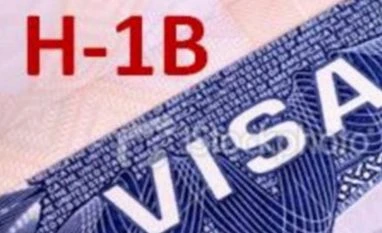"We have a system of H-1B visas to bring in highly qualified workers from other countries to fill these vacancies, but that system is outdated and doesn't respond properly to market demands," Republican Senator Orin Hatch from Utah told a Washington audience.
He said researchers estimate that the US will face a shortage of more than 220,000workers with STEM (Science, Technology, Engineering and Mathematics) degrees by 2018.
More From This Section
That means lost productivity, lost innovation and a less robust economy, he said.
"We need to reform this process to better identify high-skilled individuals who want to come to the United States - and who want tostayhere - to contribute to our economy and our way of life," Hutch, Chairman of the Senate Republican High-Tech Task Force, said during an event at the Capitol Hill to roll out his innovation agenda for the 115th Congress.
At the same time, he argued, one needs to ensure that this system is not manipulated to undercut domestic wages or displace American workers.
"Unfortunately, a handful of bad actors has created a great deal of unease about H-1B visas by misusing the system to offshore jobs to foreign workers. We've all seen the news reports," he said.
"In addition, some of these companies file for way more H-1B visas than they need, squeezing smaller players out of the picture. We cannot allow this small number of bad actors to wreck the system for the responsible companies who want to help American workers and grow our economy," he said.
Hutch said he introduced the Immigration Innovation Act, or I-Squared, in the last two Congresses to modernise our H-1B system. Now he is working on updating this legislation to address some of the problems he had mentioned and look forward to reintroducing the bill in the near future.
"To throw out just a few possible solutions, we could cap the number of H-1B visas any single employer can apply for. We could do multiple waves of lotteries. We could require additional attestations that an employer tried to fill a job with an American worker but was unable to do so," he said.
"We could create a shot clock, so that a visa expires and goes back into the lottery pool if it's not used within a certain period. We could also ease some of the pressure on H-1B visas by streamlining the process for green cards. After all, that's the end goal for many of these workers," he said, adding these are just a few of many possible solutions.
)